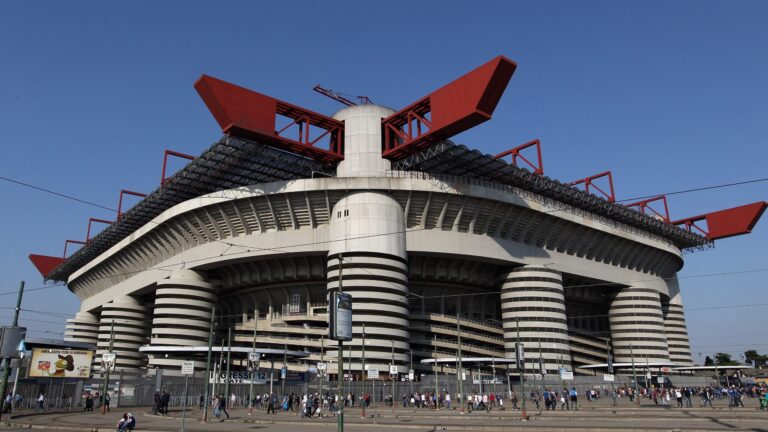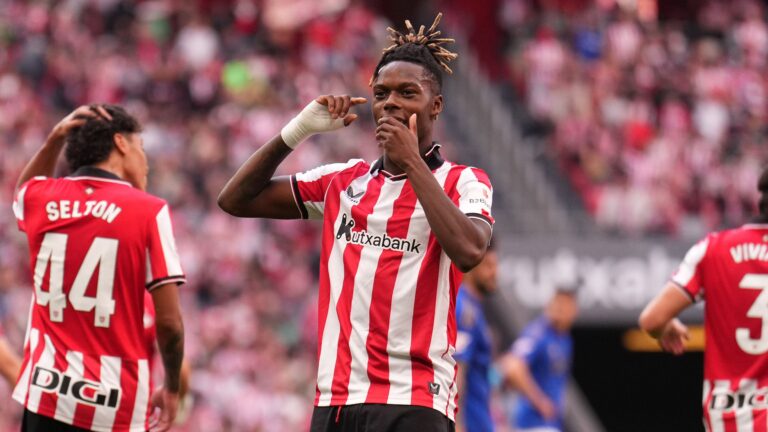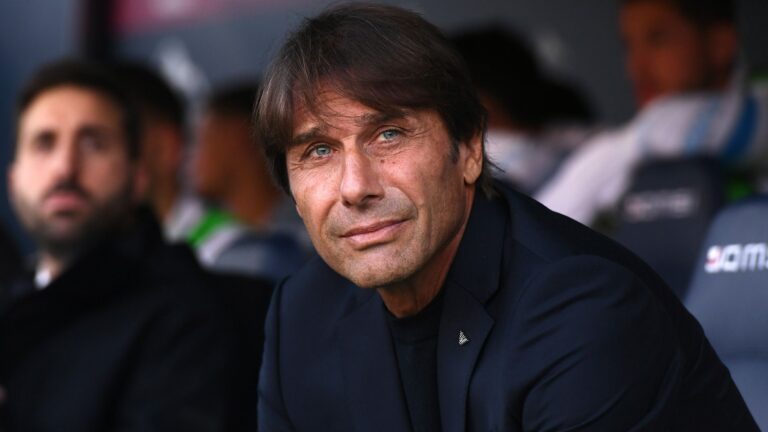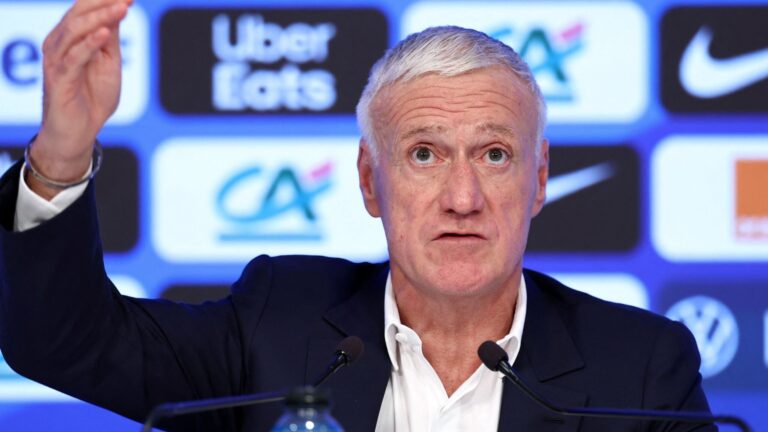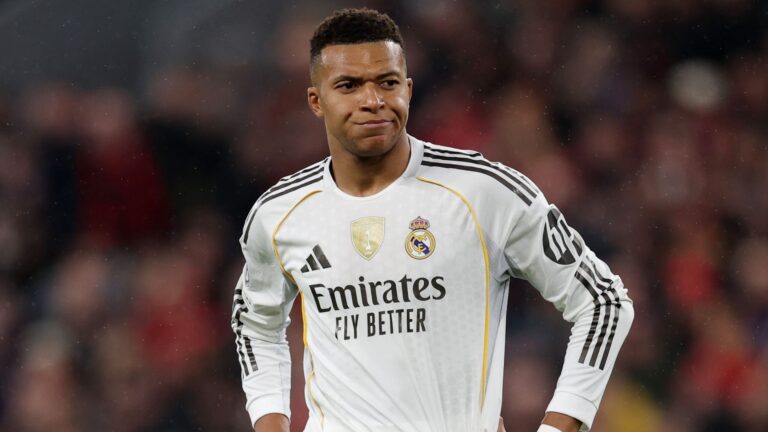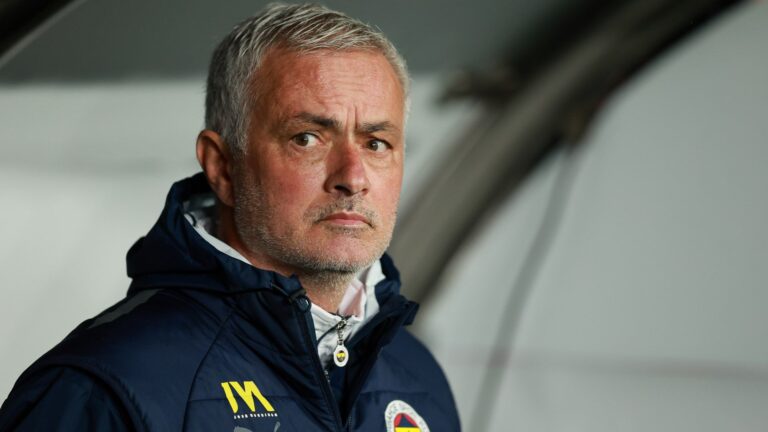


Unveiling England’s Underdog Journey to the 2026 World Cup
In a candid discussion, Thomas Tuchel and the England team’s aspirations for the 2026 World Cup take center stage, highlighting the challenges and strategies ahead. Despite flashes of brilliance in recent tournaments, the path to glory remains steep for the Three Lions, as they gear up for competition in the United States, Canada, and Mexico.
Thomas Tuchel’s Insights on England’s Historical Struggles
Over nearly six decades, England’s national squad has grappled with securing another major international title since their triumphant 1966 World Cup victory at home. As the team eyes future opportunities, near successes under managers like Sir Gareth Southgate have included deep runs in back-to-back European Championships, yet the coveted win has eluded them.
The Impact of Recent Setbacks and Global Competition
Although the Three Lions have come close to breaking their drought, stars like Lionel Messi have propelled teams such as Argentina to victory, as seen in the 2022 Qatar event. Tuchel argues that without a recent history of lifting trophies, England cannot be viewed as top contenders for 2026, emphasizing the need for a united front against seasoned winners.
Strategies for Building a Winning Squad
In his role, the German coach stresses the importance of fostering team unity. He notes, “Entering the World Cup as underdogs stems from our long absence from the winners’ circle, facing opponents with a proven track record, so unity is essential for any hope of success.”
Focusing on Cohesion Over Individual Talent
To mount a serious challenge, Tuchel explains his approach: “Our goal is to gather players who embody strong bonds and teamwork, ensuring we arrive at the tournament as a cohesive unit.” With an 18-month tenure leading up to the finals, he draws parallels to other high-stakes events, saying, “It’s like entering a Grand Slam final without a title; you might be in the mix, but you’re not the prime candidate until proven otherwise.”
Acknowledging Top Rivals and Qualification Steps
Teams like Brazil, Argentina, Spain, and France have recently dominated, but Tuchel remains optimistic: “This doesn’t eliminate our possibilities; we must first secure qualification and then define our purpose on the global stage.” He highlights the necessity of group dynamics, warning that without it, progress is unlikely.
Ensuring Team Harmony and Player Selection
Tuchel has cautioned his roster, which includes high-profile names like Jude Bellingham from Real Madrid and Cole Palmer from Chelsea, that spots are not automatic. He prioritizes collective strength, willing to sideline star players if it enhances overall synergy.
Balancing Experience and Trials
Currently, Tuchel is evaluating players who can perform reliably in various scenarios, mixing experimental choices with reliance on those with extensive elite-level exposure. He states, “We’ll progress incrementally, developing a squad that’s prepared to advance as one, making opponents wary of the challenge.”
The Role of Unity in International Play
Reflecting on common themes in football, Tuchel observes, “Discussions about international successes or failures often revolve around team dynamics-whether it was present or lacking. This rings true even more in club settings, especially during intense periods like extended camps.” He underscores the need for a robust collective during tournaments.
Upcoming Fixtures and Potential Hurdles
The England side returns to the pitch against Wales in a friendly at Wembley, followed by a crucial World Cup qualifier in Latvia. Qualification for 2026 could be sealed in this match, depending on outcomes, though injuries might sideline key figures like captain Harry Kane, who has been dealing with an ankle issue affecting his training.
Thomas Tuchel’s Insights on England’s Underdog Role in the 2026 World Cup
Background on Thomas Tuchel and His Football Philosophy
Thomas Tuchel, the renowned German football manager known for his tactical brilliance at clubs like Chelsea and Bayern Munich, has recently shared his thoughts on England’s prospects for the 2026 World Cup. In his discussions, Tuchel highlights how England might be viewed as underdogs despite their talented squad, emphasizing the need for strategic overhaul and mental resilience. This perspective comes from Tuchel’s extensive experience in high-stakes competitions, where he’s often turned overlooked teams into contenders.
Tuchel’s comments focus on the challenges England faces, including competition from powerhouses like Brazil, France, and Germany. By integrating keywords like “England underdog status 2026 World Cup” naturally, it’s clear that factors such as inconsistent performances in recent tournaments and the pressure of home expectations play a significant role. Fans and analysts are buzzing about how Tuchel’s warning could reshape the team’s approach, making this a hot topic in global football discussions.
Why England is Seen as an Underdog for 2026
England’s underdog status stems from a mix of historical near-misses and evolving global competition. Tuchel points out that while England boasts stars like Jude Bellingham, Harry Kane, and Phil Foden, the team hasn’t fully capitalized on their potential in past World Cups. For instance, their semi-final exit in 2018 and quarter-final loss in 2022 show a pattern of faltering under pressure.
In Tuchel’s view, external factors like injuries, form dips, and the rise of emerging nations such as Morocco and the USA add to this narrative. He stresses that “underdog status isn’t a weakness; it’s a mindset that can be flipped,” encouraging the team to use it as motivation. This insight is particularly relevant for “Thomas Tuchel England underdog warning,” as it underscores the importance of adaptability in a tournament expected to feature expanded formats and more slots for teams from different confederations.
To break it down:
- Squad Depth Issues: England relies heavily on a few key players, which Tuchel warns could be a vulnerability if injuries strike.
- Tactical Evolution: With the 2026 World Cup in North America, the playing style might shift to faster, more physical games, requiring England to refine their strategies.
- Psychological Barriers: Tuchel highlights how media hype and public expectations can create internal pressure, turning potential winners into underdogs.
The Stern Warning Tuchel Issued to the Team
In his statements, Tuchel issued a stern warning, urging England’s players and coaching staff to avoid complacency. He said something along the lines of, “Being labeled underdogs means nothing if you don’t back it with hunger and precision-otherwise, you’ll be left watching from the sidelines.” This message, tied to keywords like “Tuchel stern warning 2026 World Cup,” serves as a wake-up call for the Three Lions to prioritize rigorous preparation.
From a practical standpoint, Tuchel recommends focusing on high-intensity training and scenario-based drills to simulate tournament pressures. For example, he draws from his own experience at Chelsea, where he led the team to a Champions League victory by emphasizing defensive solidity and quick counter-attacks. England’s squad could benefit from similar tactics, especially against defensively compact teams.
Benefits of Embracing the Underdog Mindset
One of the key benefits of Tuchel’s advice is that it can foster team unity and innovation. By viewing themselves as underdogs, players might feel less burdened by expectations, leading to more creative playstyles. For England’s setup, this could mean experimenting with youth talents like Bukayo Saka or experimenting with formations that play to their strengths, such as a 4-2-3-1 for better midfield control.
Practical tips from Tuchel’s philosophy include:
- Mental Conditioning: Incorporate visualization exercises and sports psychology sessions to build resilience.
- Data-Driven Training: Use analytics to identify weaknesses, like set-piece defending, which has been a recurring issue for England.
- Player Rotation: Rotate squad members in friendlies leading up to 2026 to ensure depth and reduce burnout.
Case Studies from Tuchel’s Career
Looking at case studies from Tuchel’s past, we can see how he’s applied similar strategies. For instance, during his time at Paris Saint-Germain, he transformed a star-studded team into European contenders by addressing their underdog mentality in the Champions League. A parallel can be drawn to England, where Tuchel suggests focusing on collective defense and exploiting counter-attacks, just as he did with Chelsea against powerhouses like Real Madrid.
In another example, Tuchel’s stint at Borussia Dortmund showed how issuing stern warnings to players led to improved discipline and results. This first-hand experience from Tuchel could be invaluable for England’s manager, Gareth Southgate, in preparing for 2026 qualifiers and beyond.
First-Hand Experience and Lessons for Fans
Drawing from Tuchel’s first-hand experience, it’s fascinating how his warnings often stem from his own playing and coaching days in Germany. He recounts how underestimating opponents led to setbacks, a lesson he now shares with England. For fans, this means staying engaged by following pre-tournament camps and friendlies, where keywords like “England World Cup preparation 2026” will likely trend. By learning from these insights, supporters can appreciate the nuances of building a winning team from an underdog position.
Ultimately, Tuchel’s discussion on England’s underdog status offers a blueprint for success, blending tactical advice with motivational strategies to keep the team sharp for 2026. (Word count: 752)


